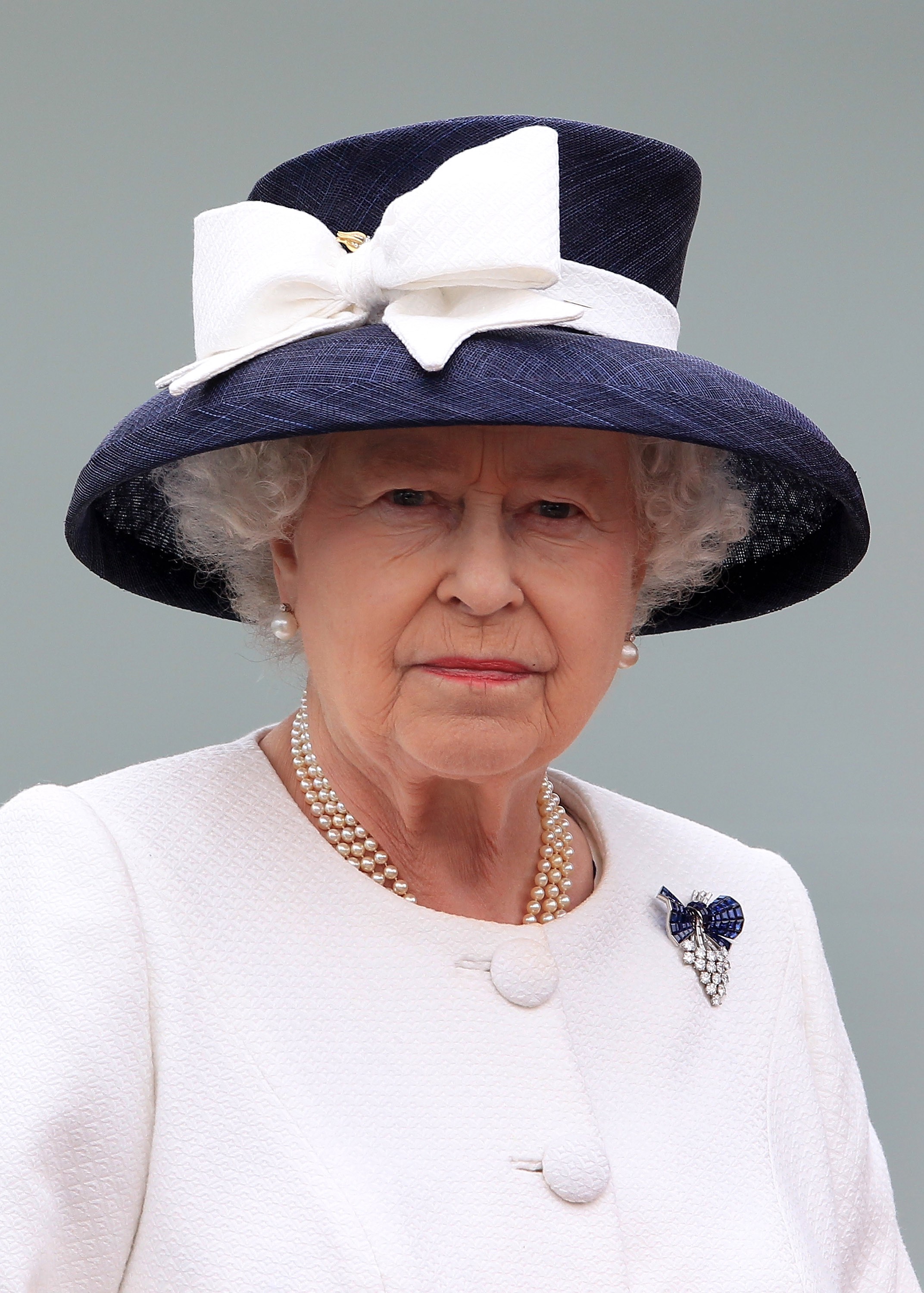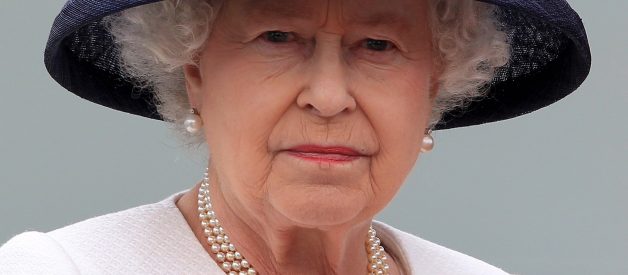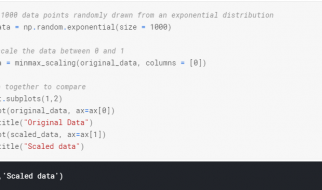Welcome to the Glad You Asked series, a shame-free zone where we tackle topics you?re too embarrassed to ask even your BFF about. Don?t worry, we gotchu.
I respect Queen Elizabeth II. She trained as a driver and mechanic during World War II, she?s the longest reigning living monarch and she?s got a death stare that says she can have you turned into a shepherd?s pie before the kettle boils.
 Turn her down for tea and biscuits. I dare you. | Chris Jackson/Getty
Turn her down for tea and biscuits. I dare you. | Chris Jackson/Getty
But despite what seems like an eternity on the throne, many people still don?t understand what kind of authority Her Majesty and the royal family have.
While the balance of power has shifted greatly over the past few centuries, Britain?s monarch still has a few tricks up her sleeve.
The British monarchy?s power is a fraction of what it once was. Over the years, the UK government has slowly whittled away what the royal family can do. For example, the 1689 Bill of Rights put the power of taxation solely in the hands of parliament.
The authority it still has is called ?the royal prerogative.? Here?s a list of what those powers are ? it?s not comprehensive but it gives a good sense of what the a British monarch can and can?t do.
Royal AssentAlthough bills are created by the House of Commons and the House of Lords, they can?t become law without receiving royal assent from the Queen. This is where Her Majesty makes a trip to the Lords Chamber and approves (or denies) a specific bill.
Still, at this point royal assent has become little more than a formality. The last time a monarch went against parliament was in 1708, when Queen Anne withheld her support for a bill to restore the Scottish militia.
Commander-In-ChiefAll soldiers within the British Armed Forces are under the command of the Queen. In theory, this means that Her Majesty would be able to take a leading role in all military operations.
In practice, however, the Queen has little to do with how Britain defends herself at home or abroad. The royal prerogative allows her to offload this responsibility onto the prime minister and the Secretary of State for Defence, along with other officials.
And while she technically has the power to, say, order an air strike on the White House, in practice the UK government could (and would) prevent her from doing so.
Declaration of WarThe Queen is the only person in the UK with the power to officially declare war on other countries. Of course, this ability comes with some caveats. Noticing a pattern yet?
This rule only applies to all-out warfare, and was last enacted by King George VI during World War II.
A declaration of war from King George VI.
However, the British Armed Forces are allowed to engage ground troops on foreign soil for combat missions. The most notable recent example of this was the UK?s decision to invade Iraq in 2003. Though this was an armed conflict, the government didn?t need the Queen?s permission.
Dissolution of Parliament This is where things start to get really interesting. The Queen has the right to dissolve parliament, which means she can force out all current members of the House of Commons and call for a new election. Hypothetically, Her Majesty could do this again and again until she had a parliament that she liked.
While this is an alarming prospect, there?s two reasons it?s pretty much a moot point.
First, parliament is not the same as the government. The British government is the one that actually rules in the UK, and an absence of parliament would only mean that new laws couldn?t be created. If the Queen went bonkers and tried to stand in the way of parliamentary procedure, the British government would do something about it.
Secondly and perhaps most importantly, a decision to prematurely dissolve parliament would cause an absolute uproar among UK citizens. The last monarch to do this was King William IV in 1830. Ever since this last incident, British Kings and Queens have stuck with opening and closing parliament in accordance with regular election cycles.
It?s about more than pure power
With all of this authority that technically doesn?t mean anything, why doesn?t the UK just boot the royals out for good?
For starters, the British people love them. One poll from Ipsos MORI found that 86 percent of Britons thinks the UK should continue to have a monarch.
However, there?s another point of authority that the British monarchs quietly hold over their homeland that?s outside the royal prerogative: the royal family is an economic powerhouse.
Despite costing taxpayers around 40 million every year, the royal family has consistently forfeited the profits garnered from the land they own ? revenue that amounts to about 200 million every year. This means that simply letting the Queen stay in Buckingham Palace earns the UK 160 million every year.
On top of that, tourists flock to a country that still has living monarchs, earning the UK about 7 billion in annual revenue.
Queen Elizabeth II certainly doesn?t rule with the iron fist of her distant ancestors, but she definitely isn?t worthless. Even if many of the duties granted to her in the royal prerogative don?t amount to much, those in power still listen closely to her opinion and she?s adored by a vast majority of her subjects.
She may not have much power, but she sure is powerful.


